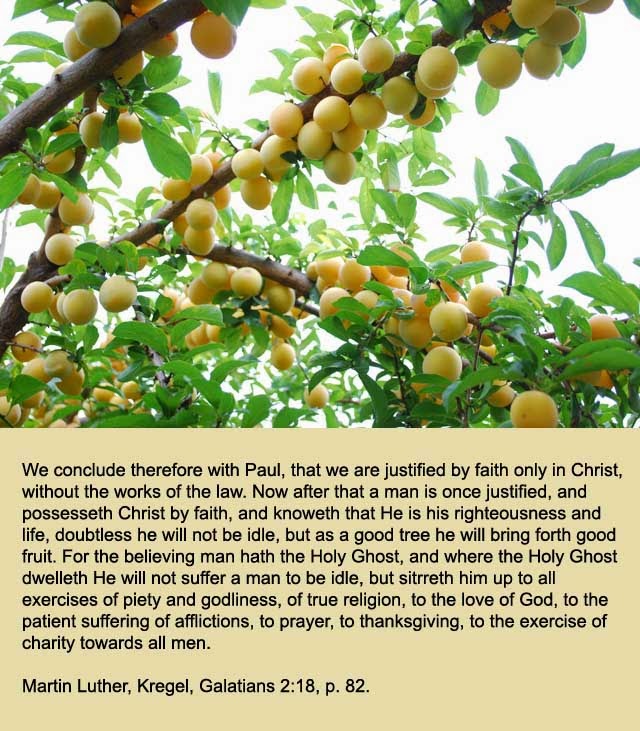 |
| I saw the typo. |
IN THE story of "My Grandfather's Earthworm Farm" George Sheffield is quoted as saying, in regard to the care of trees, "Never disturb the soil under a tree." The wisdom of this remark is appreciated fully only when a study is made of the subject of orcharding. When we go to nature where primeval forests have stood for centuries, we find the ground riddled to great depth by earthworm burrows. Earthworms like to work in the shade, among the fine roots of trees, finding sustenance in the organic debris and bacterial life of the soil, in the dead bacteria as well as the products of bacterial life. Aside from vegetation, there is a vast world of unseen bacterial life in the soil, amounting in aggregate weight in the case of fertile agricultural lands to much more than all animal life which crawls, creeps, walks, runs, and flies on numbers will reach astronomical figures within a few hours, with a bulk and weight of such magnitude that the human mind cannot grasp the total. The number of bacteria in an ounce of fertile topsoil is variously estimated as from eighteen million to twenty-four billion. When we consider that bacteria appear as dots under the microscope when magnified one thousand times, the results of such multiplication become still harder to grasp.
Barrett, Jason Thomas (2014-08-20). Harnessing the earthworm: a practical inquiry into soil-building, soil-conditioning and plant nutrition through the action of earthworms (Kindle Locations 1027-1028). . Kindle Edition.
 |
| Where is the expensive stuff I must buy to make my garden grow? And the chemicals to treat the damage I caused with the expensive stuff? |
Before people realized the value of soil fungi in feeding the roots, two old battlewagons of organic gardening (Sheffield and Barrett) realized the need to leave soil alone. Now scientists realize how much is accomplished in that fragile zone immediately around the plant roots, where bacteria, protozoa, and fungi team up to gather and exchange nutrition.
Mineralization of nutrients is crucial to the survival of plants in a natural system. Our premise is that by interfering with or destroying the soil food web, the gardener has to step in and do extra work, making gardening a chore instead of an enjoyable hobby. If you are not convinced, then consider that as much as 80% of the nitrogen a plant needs comes from the wastes produced by bacteria- and fungi-eating protozoa . Since bacteria and fungi are attracted by plant exudates to the rhizosphere, and that is where protozoa consume them, a huge source of plant food is delivered, right around the roots.
Lowenfels, Jeff (2010-09-10). Teaming with Microbes: The Organic Gardener's Guide to the Soil Food Web, Revised Edition (Kindle Locations 1178-1180). Timber Press. Kindle Edition.


